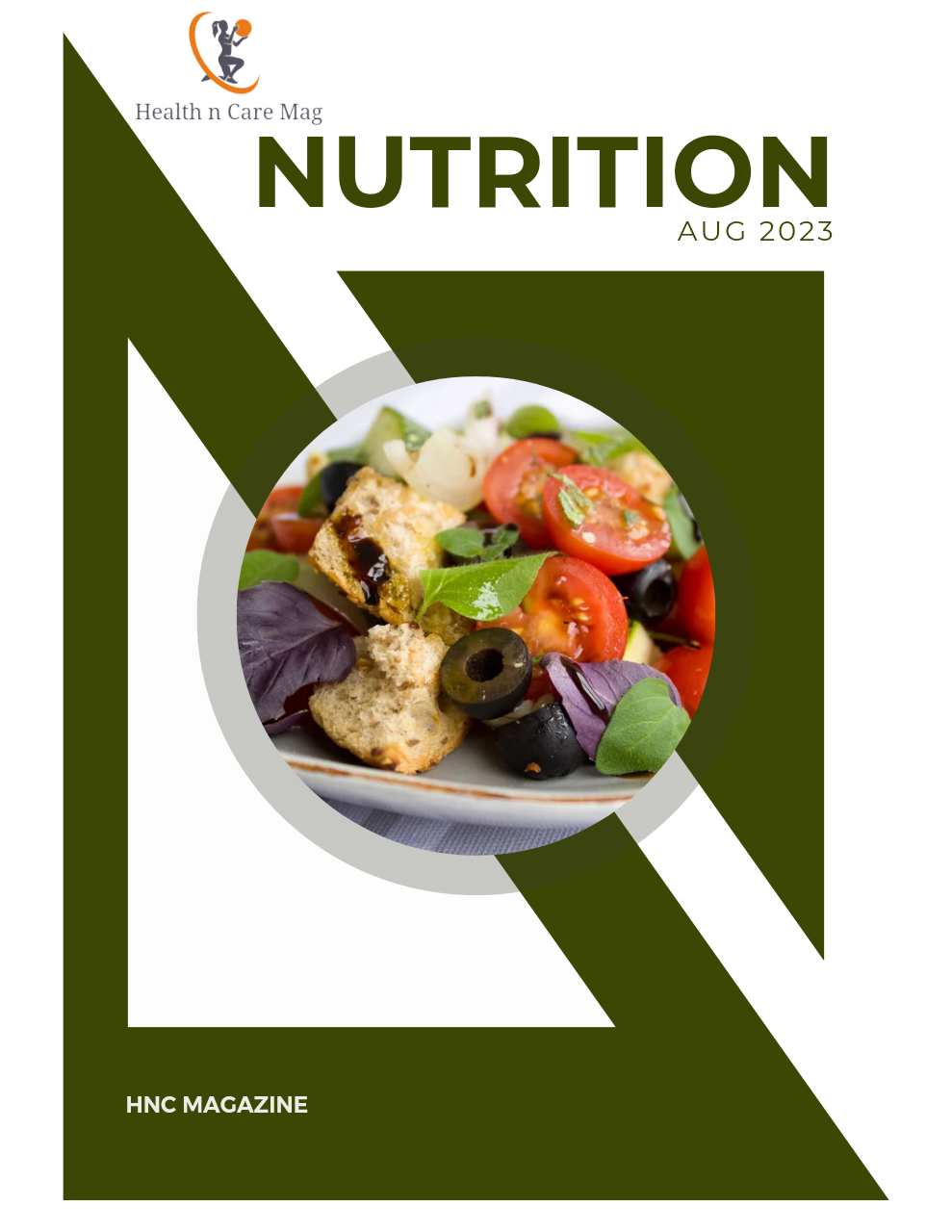5 Steps On How To Increase Your Fertility
By Louise Collins
Over the past 20 years problems with fertility have dramatically increased. According to survey, at least 25% of couples found difficulties in conceiving, more and more of them are opting to fertility treatments to get pregnant.
Fertility is an important asset of men and women. Thus, even before you get married you have to care of it. To increase your fertility, you need to pay close to your weight, diet, sex, timing, and ovulation. Listed below are the 6 basic steps that you may follow in order to increase your chances of getting pregnant.
1. Watch your weight – For women, a balance preconception weight really matters. According to the Fertility and Sterility Study in 2004, women who have a balance weight achieve conception faster than those who are overweight and underweight. Body mass index (BMI) of 18.5 – 24.9 is considered a normal weight, below 18 is underweight, 25-29.9 is overweight, and 30 or higher is obese. To maintain a balance weight, you need keep a good and healthy diet. You may also include food that can boost up fertility in your diet, such as whole grain, plant proteins, fresh fruits and vegetables, and the three good fats, which include the monounsaturated fats, polyunsaturated fats, and omega-3 fatty acid. You can check with your dietician today to know the best diet that you can follow for your preconception stage.
2. Protect the sperm – For men, it is good to minimize your exposure to factors that can lessen your potency, such as tight underwear, heated car seats, laptop computers, and cell phones. According to the study in Human Reproduction, the high temperature coming from these factors can harm men’s genital organs resulting to damage or weaker sperm.
3. No to alcohol and caffeine – According to the American Society of reproductive Medicine, drinking too much coffee or alcohol can lessen both and men and women’s infertility. Women who frequently drink alcohol may reduce fertility by 60%. Likewise, drinking about 500 milligrams of caffeine (6 cups a day) can lower fertility rate. Keep your caffeine intake at moderate level. It is good that you stay under 200 to 250 milligrams caffeine a day. Cutting off your alcohol consumption will also help prevent birth defects.
4. No to smoking – For both men and women, it is good for you to quit smoking or avoid attempting to do so. Cigarettes contain harmful chemicals that can decrease the production of oestrogen (the fertility hormone in women), decrease blood flow to the genital organs, cause dryness of vagina, destruction of eggs, and diseases in the fallopian tube. Smoking can also reduce sperm potency and production in men while increasing the risk of producing defective sperms that may carry genetic defects.
5. Take supplements- Although it is not compulsory, it is good for men and women to take supplements as they can be very effective in balancing hormones and improving the body’s overall health. Supplements also provide you the nutrients that you are not able to get from food alone. Some examples of good supplements for fertility are folic acid, zinc, selenium, essential fatty acid (EFA), vitamin E, vitamin C, L- Argenine, L-Carnitine, and vitamin A.
Louise Collins writes articles on how to increase your chances of getting pregnant. Whilst searching for answers on why you cannot conceive always ensure that you are not accidently doing things that can affect your chances, read more on these factors here.



